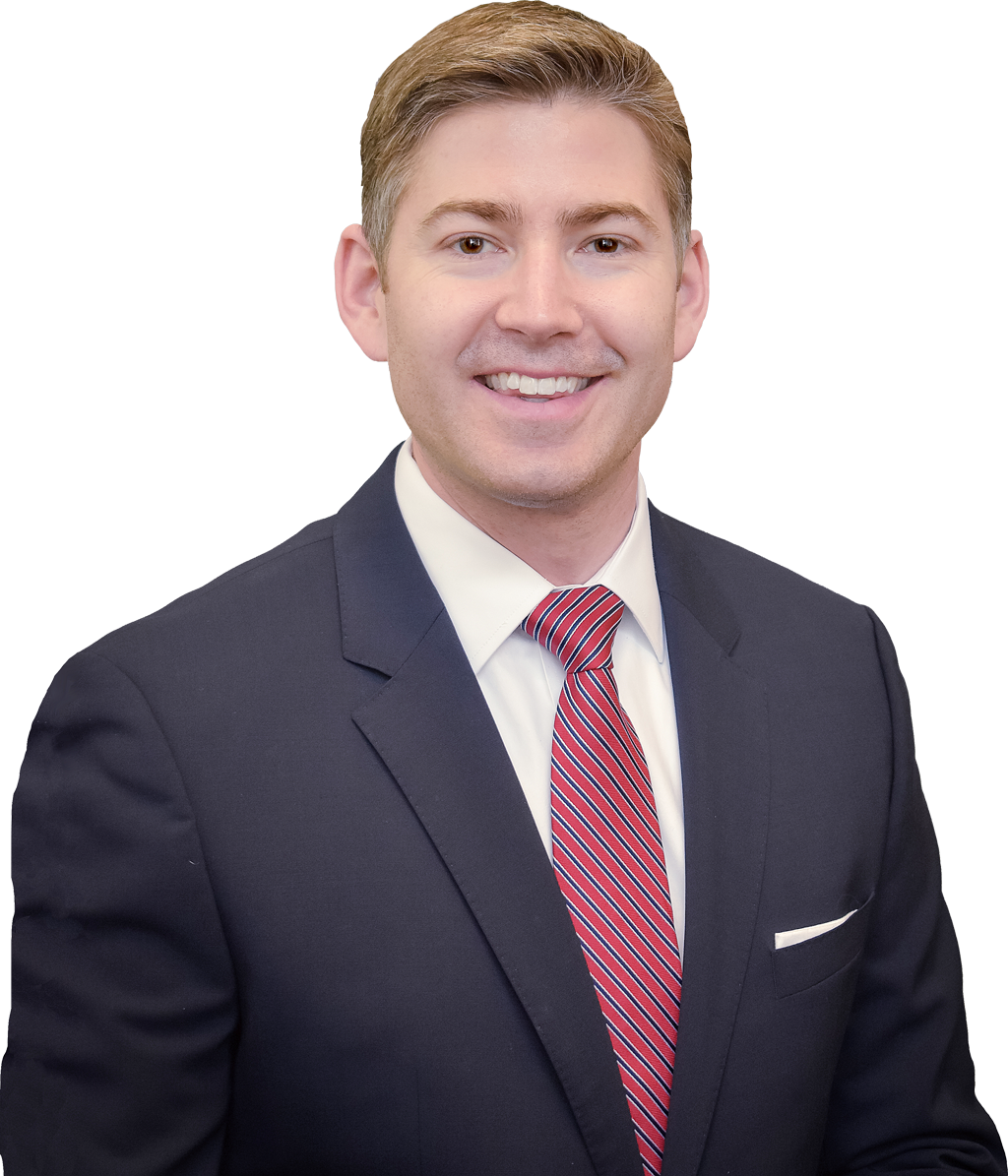What can affect my interest rates?
Why doesn’t everybody get the same rate? Fair question. Rates are based on risk, and there are many different factors that go into how the bank assesses risk. Below is a list of items that can have an impact on your rate:
Credit Score
credit can have a dramatic affect on your rate. In most cases 740 will get you the best rate possible for your situation but in a few instances a 780 and then 800 will get you an even better rate. Dropping below 740 the rates will change at 720, then 700, and 680 and so-on. Some programs offer the same rate regardless of credit but not normally.
Down Payment
This has a lot to do with risk since the more you put down the less risk to the bank. Generally the greater the down payment the better the rate might be. First time buyer programs offer borrowers who qualify the ability to get same or close to what a 20% down buyer might be able to get (as long as you qualify). On jumbo financing there might be a rate improvement on incremental tiers such as a 20%, 30% and 40% down payment.
Property Type
Some property types can be seen as riskier than others. Single family is generally the lowest rate while a condo can sometimes be an add-on to rate. Typically 25% down on a condo will generate the same rate as 20% down on a single family (but not always). Multi-families can have a higher rate in some cases depending on program as well.
Loan Amount
There are various terms and levels of loan size from conforming to jumbo to “agency or high balance” which exist in high cost states like Massachusetts. As a result a $484k loan might be a better or worse rate than a $584k loan or a $684k loan. In the past jumbo loans always had substantially higher rates but this is no longer the case and a lot of times a jumbo loan might now be the lowest rate available.
Products
30 Year fixed is the industry standard but some people are interested in 20 or 15 or 10 year fixed. The lower the fixed portion the lower the rate so a 10 year fixed is lower than a 15 or 20. Also some people look to ARMS or adjustable rate mortgages to secure a lower rate for a shorter fixed time period. A 3/1 ARM or 5/1 ARM means the rate is fixed for 3 or 5 years and then can adjust based on the market. 7/1 arm or 10/1 ARM are longer fixed periods in exchange for a higher rate but still lower than a 30 year fixed because the buyer is taking on more risk by not having the loan fixed for the full 30 years.
Programs
As I mentioned before, certain first time buyer programs might have extremely low rates as a special incentive for qualifying buyers. Some Government-backed loans such as FHA or VA might have the lowest rates out of the bunch but also sometimes have other costs and fees that need to be evaluated. Lowest rate doesn’t necessarily always mean best deal.

Chris Butts
VP Sales Manager
NMLS# 613440
Chris Butts is a Loan Originator and Sales Manager at Leader Bank. He has been in the mortgage industry for over 15 years and is committed to providing his customers with the highest quality service. His extensive experience and knowledge allow him to effectively and consistently help his customers during the loan process, whether it’s a first time home buyer, a refinance or purchasing a dream home.
Learn More About Chris